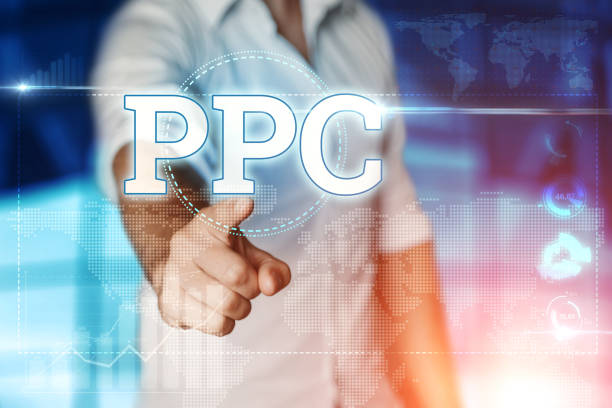In the competitive world of digital advertising, PPC campaigns often serve as the linchpin for agencies looking to deliver robust marketing services. But as the white label ppc landscape evolves, what can white-label providers do to truly stand out and deliver superior results for their clients?
The Rise of White label ppc
White label PPC services have seen an upsurge in demand, largely due to the increasing complexity of PPC management. They allow digital marketing agencies to offer PPC services under their own brand, even if they don’t have the resources or expertise in-house. This model frees up time for agencies to focus on their core competencies, while still expanding their service offerings.
Yet, the real challenge lies in delivering campaigns that are not just good but exceptional. To achieve this, agencies need to adopt advanced white label PPC techniques that not only optimize performance but also demonstrate a deep understanding of client goals and the intricacies of their business ecosystem.
Harnessing Advanced Automation and AI
Automation and AI have revolutionized the way PPC campaigns are managed. Agencies are now leveraging smart bid strategies that go beyond manual adjustments, such as Enhanced Cost-Per-Click (ECPC), Maximize Conversions, and Target ROAS to automatically optimize bidding based on historical data and real-time signals.
Furthermore, the use of AI-driven audience targeting tools enables white label PPC providers to segment audiences more effectively, personalize ad creatives, and predict user intent with greater precision. Platforms like Google Ads and Facebook Business Manager offer robust AI capabilities, and agencies that harness these tools set the stage for more sophisticated and successful campaigns.
Crafting Hyper-Relevant Ad Copies
A critical aspect of PPC success is the ability to cut through the noise and engage with the right audience. Crafting ad copies that are not only appealing but also hyper-relevant to the user’s search query or browsing behavior is an art form. By implementing dynamic keyword insertion, incorporating ad customizers, and continually A/B testing various ad elements, agencies can ensure that each ad resonates with the user, leading to higher click-through rates and improved Quality Scores.
The use of ad extensions is another powerful technique that white label PPC providers must master. By providing additional information and direct calls to action, ad extensions can significantly enhance ad visibility and drive more qualified traffic to landing pages, ultimately improving conversion rates.
Advanced Analytics and Reporting
Data is the backbone of any successful PPC campaign. Advanced analytics tools can provide white label PPC agencies with valuable insights into campaign performance, user behavior, and ROI. By leveraging tools like Google Analytics, agencies can gain a deeper understanding of the customer journey, identify performance bottlenecks, and make data-driven decisions to optimize campaigns.
Robust reporting is equally important. Providing clients with clear, concise, and actionable reports not only demonstrates the value of the services provided but also fosters transparency and trust. Interactive dashboards and custom reports that align with client KPIs can go a long way in showcasing the impact of PPC efforts.
Conclusion
Advanced white label PPC techniques are no longer optional for agencies that want to stay ahead in the digital marketing game. By harnessing the power of automation, AI, hyper-relevant ad copies, and advanced analytics, agencies can deliver PPC campaigns that not only meet but exceed client expectations.
The success of these campaigns lies in the ability of agencies to continuously adapt and adopt new tools and strategies that align with the rapidly changing PPC landscape. With the right approach and dedication to excellence, white label PPC services can set a new standard for client satisfaction and campaign performance.

